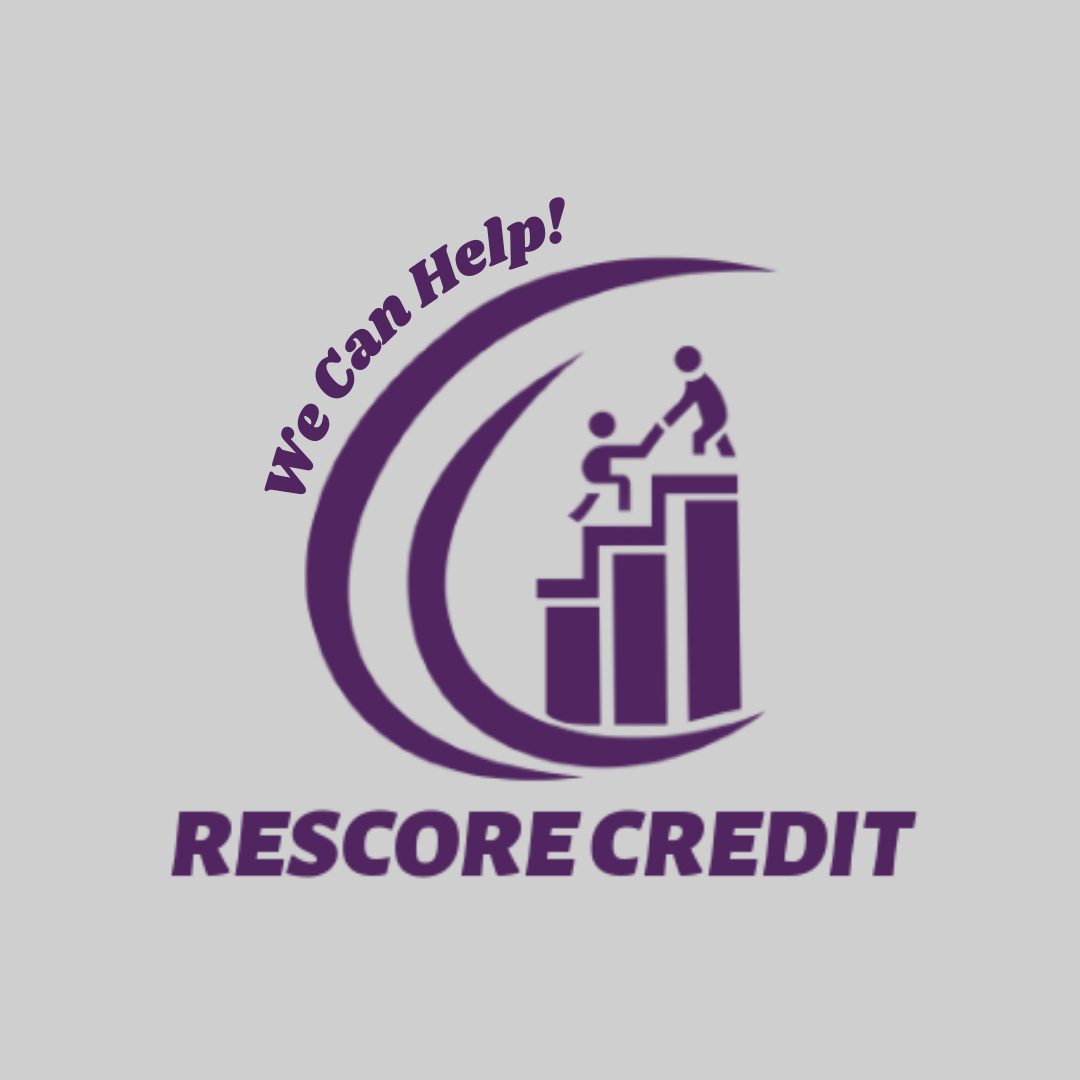BLOG

The bulk of the decisions that we make throughout the year affect our finances in some way and quite often our financial situation can dictate whether or not we have a good year or a bad year. Taking the steps to improve your financial situation can be overwhelming but not if you know where to start and have a plan. Take control of your finances in 2018 by following these 10 simple steps….
1) Create a budget
We’ve said it before but creating a realistic budget is one of the best things you can do to improve your financial outlook. You can’t know where you’re going until you know where you’re at. So take the time to track all of your income and expenses and use that information to create an annual budget that you can follow. When creating your budget, be on lookout for ways to “trim the fat”. For example, can you reduce your phone bill by changing rate plans or can you cut out the daily Starbuck’s run and make coffee at home instead? The difficulty in creating a budget is balancing your income with your expenses. The key is to bring in more than you spend. Sounds like a simple principle but it’s not always that easy and you may have to spend some time working on your budget until it makes sense for your family. Fortunately, thanks to technology, this process is easier than ever and there are numerous free and low cost apps that you can use to both track expenses and create a budget.
2) Adjust your exemptions
This can be a tricky one and if you are unsure or have a special situation always consult a tax professional before making major changes. However, if you are one of the fortunate taxpayers that consistently receive a state and/or federal refund each year, you may want to consider adjusting your withholding exemptions so that you take home more of your paycheck – instead of waiting for next year’s refund. Take this a step further and invest that “found” money into your savings, college, or retirement plans all of which have various tax benefits of their own. You won’t miss the money since you never had it and you will thank yourself when you need it in the future.
3) Reevaluate Benefits
Before checking off the box to keep your benefits as is during the next open enrollment period, take a few moments to review your benefits. You may be able to find lower cost options that meet your needs or maybe even a plan that has added features. This is an especially good idea if you have had a qualifying life event since the last open enrollment period. Events such as birth, death, or a dependent that is no longer eligible for benefits under your plan. All of these factors can affect your plan premiums.
4) Life insurance
This is a subject that no one wants to think about – until you need it. It is wise to have a life insurance policy and a written will or living directive for each person in the home. Each person’s policy should be enough to cover their outstanding liabilities AND burial expenses.
5) Save Save Save
For people working on improving their financial situation, this can be one of the biggest challenges they face. It’s a challenge to save money when there doesn’t seem to be enough each month for what you need. If you can’t devote a set amount each week or month to your savings plan, get creative. Host a yard sale or sale your unwanted items at consignment and use that money to jump start your savings account. Anytime you find money or receive it for gifts, put a portion in your savings. Get a 3% raise at work? Put it in your savings. The more disciplined and committed you are with this the greater you will see your savings grow.
6) Pay bills on time
Late payments are one of the primary factors that affect your credit score. One way to combat this is to automate bill payments for things like credit cards, loans, and utilities. Not only will you help your credit score but you will also save yourself tons in late fees and interest charges. If automating is not an option for you, use a calendar to track payment due dates and set reminders so that payments are made in a timely manner. Be sure to communicate late payments with creditors and always do your best to stick to payment plans offered by your creditors.
7) Debt plan
This should be done after you have created your budget as you will need to know your income and expenses for each month in order to create a debt payment plan. What typically works best is paying off your debts from smallest to largest. This is because since smaller bills are easier to pay off, you will see immediate improvement in your debt payment plan and this will be a great motivator to continue your hard work.
8) Chronicle your efforts
Sticking to a goal is always much easier when you are held accountable for your actions. Therefore don’t be shy about talking about your financial plan. Chances are many people you know are doing the same thing and they may even learn something from your strategies. Don’t be afraid to journal about your plan or even create an online blog or Facebook group to share your journey.
9) Know your credit score
As a child, I had no idea that a simple three digit number could hold so much power in my adult life. But that three digit credit score can mean the difference between financial stability and freedom or financial ruin and stress. A good credit score is imperative in today’s market to obtain things like employment and home loans. It is important to know your score and whether or not there are opportunities for improvement. It may be wise to hire a credit repair specialist to help with this but beware of companies that make promises in regards to your credit score.
Celebrate your financial successes and learn from the failures. Don’t give up, your dreams are within your reach!

Identity theft is a crime in which someone obtains key pieces of your personal information, such as a Social Security number or driver’s license number, in order to impersonate someone else. This information can be used to obtain credit, merchandise, and services in the name of the victim, or to provide the thief with false credentials for employment or travel. In addition to running up debt, an imposter might provide false identification to police, creating a criminal record or leaving outstanding arrest warrants for the person whose identity has been stolen. Imagine having a criminal record and not knowing about it until police officers show up at your door with an arrest warrant?
Identity theft is a crime that is estimated to affect over 9 million Americans per year. Therefore it would be wise for individuals to take steps to protect themselves from falling victim to this very large, and growing, segment of crime.
Protect yourself from identity theft with these basic tips…
-
- Keep Personal Documents in a Safe. Consider keeping a fireproof personal safe for your home. You can use your safe to protect valuable documents such as your social security card, birth certificate and passport. In addition, I recommend an off-site safety deposit box to store copies of documents and items that are difficult to replace in the event of an extreme disaster such as fire or flood.
-
- Protect your Purse or Wallet. At ALL times! The best purses and backpacks are those that can be zipped or closed shut. Try not to use bags that others can easily see or reach into such as tote bags. And keep bags close to your body at all times. Do not leave wallets or purses in the car, or if you must, do not leave them exposed or in an obvious place. In addition, be sure to protect your baggage when traveling in airports and through public transportation.
-
- Examine your Bank Account Statements Monthly. Ensure that your accounts have no unauthorized charges. If there are charges that you do not recognize, contact your banking institution immediately. Banks are typically quick to act on fraudulent charges and in most cases they will refund your money immediately.
-
- Remove yourself from Promotional Lists. Junk mail and pre-approved credit card lists only add clutter and do not do you any good. They also have the potential to put you at risk of ID theft if a stranger gets their hands on your pre-approved cards.
-
- Manage your Credit Cards. There’s no reason to have 10 or more open credit cards for the taking. Consolidate and reduce the number of cards you have if possible. The less credit you have open, the less you’ll have to monitor. However, be careful with this strategy. If you have lines of credit that are in good standing and have been open an extended period of time, they are most likely working in your favor with your credit score. Only cancel credit cards with a short payment history or extremely high finance charges.
-
- Select Smart Passwords. Make your password as difficult to figure out as possible. An impersonal combination of letters, special characters, and numbers is best. Try to steer away from using things like birthday, social security number, or generic passwords such as welcome.
-
- Do not Reveal Personal Information. Never reveal personal information to unverified sources whether over the phone or on the Internet. Do not feel pressured to answer personal questions if you do not trust the source. Feel free to request verifying information before giving anything up.
-
- Review your Credit. Take advantage of your free annual credit reports and consider purchasing additional copies throughout the year for continuous monitoring. Consider placing fraud alerts and credit freezes on your account for greater protection.
-
- Shred Personal Documents. Before throwing them away, be sure to shred any documents that may have confidential information on them. Dumpster diving is a common method of stealing personal information for the sake of identity fraud. Purchase a shredder for your home and destroy paperwork containing personal information before discarding. This includes mail, credit card statements and even receipts.
-
- Lock Your Credit at the Three Credit Bureaus. Remember if you do apply for credit, you will need to temporarily lift the freeze. It is a fairly simple process. Each bureau will supply you with a pin number so you can freeze and unfreeze your credit. Keep your pin numbers in a safe secure location.
Taking as many precautions as necessary will help protect you from financial setbacks – and a few surprises – down the road.

Remember when you were young and could not wait to grow up?! What were we thinking, right? As it turns out, adulthood is full of responsibilities and obligations. One of the first responsibilities you will face as an adult is managing your personal finances. Read on for some of our best advice on personal finance management…
1) Spend less than you earn:
This rule is otherwise known as Personal Finance 101. It is one of the most basic principles of personal finance management. It’s the one point that comes up time and time again in almost every personal finance book you read or talk that you hear. Why? Because it’s true. You can achieve this goal by both spending less and earning more. By focusing on either (or both) of these areas, you can increase the gap between those two numbers. The harder you work on either spending less or earning more, the bigger that gap will become and easier it will be to build your dreams.
2) Earn more: Sure, it sounds easier said than done, but there are numerous ways to grow your nest egg. The trick is to find passive income streams. Passive income streams are profitable ventures that may require some work to set up but for the most part will bring in money with very little effort. A great example of this would be investing in stocks or selling your handmade goods online. You may need to spend time on these these initially, but once completed you could be earning money in your sleep! Tap into your passions and find a way to market and sell them.
3) Live frugally: Living frugally doesn’t mean you have to be cheap. However there is something to be said for making smart financial decisions. Need a new car, buy used; need new clothing, buy consignment; need to slash your budget, eliminate unnecessary services/products and take advantage of discounts and sales when possible. The goal is to maximize every dollar you bring in.
4) Build an emergency fund: An emergency fund is an amount of money you keep in a savings account that’s intended to be used in the event of a major crisis, such as a job loss, a medical emergency, major car damage, and so on. It is recommended to have three months worth of expenses saved for an emergency. However, any amount in savings will be a help should you need it. Can’t afford to dedicate a set amount from your regular paycheck? Save your change from each cash purchase and add that to your fund or even host a yard sale and use the proceeds to begin your savings fund. Add money to your account whenever possible.
5) Manage your credit: Your credit score can be the single most important number in your adult life. It will determine your eligibility for jobs, and home or auto loans, and credit cards. Your credit score is determined by a number of factors (see chart below).
In general, you should use the following rules when managing your credit:
-
- Makes every effort to pay your bills in full and on time . Payment history is the single most important factor when determining credit score.
-
- Pay down your credit card debt to less than 1/3 of the available balance on each card. This will improve your debt to credit ratio in addition to establishing positive revolving credit sources.
-
- Review your credit regularly to verify the items on your report. It is common for a credit report to contain errors and many errors go unreported.
